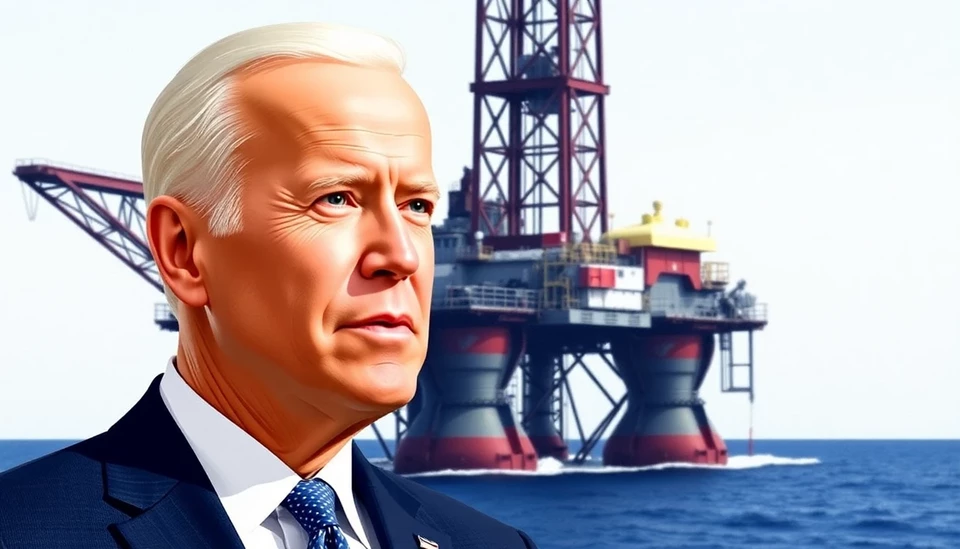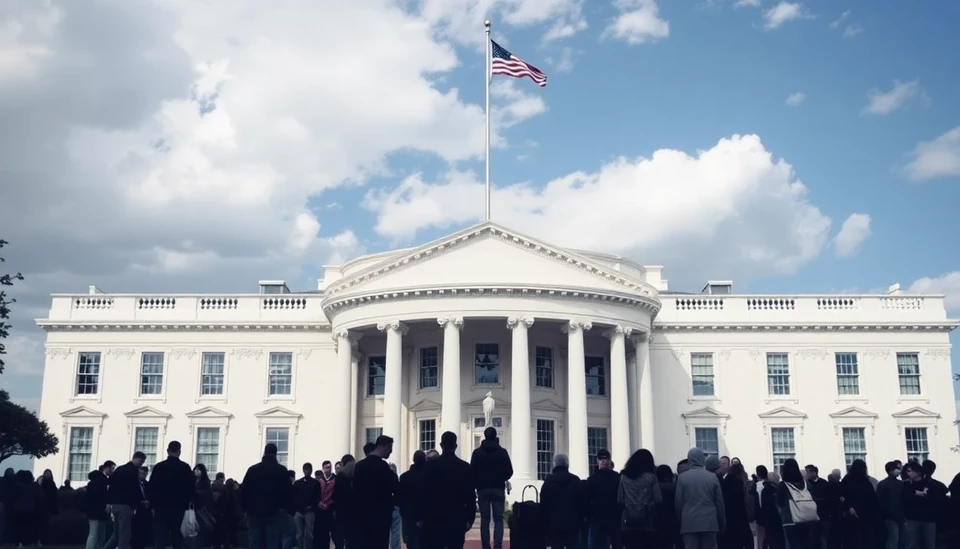
In a significant environmental policy shift, President Joe Biden has officially announced a ban on offshore oil drilling in the U.S. Atlantic and Pacific coasts. This decision, aimed at combating climate change and preserving biodiversity, is part of a broader strategy to transition towards cleaner energy sources and reduce the United States' dependency on fossil fuels.
This polarizing move comes in the wake of increasing public concern regarding the impacts of climate change and pollution stemming from oil drilling activities. The Biden administration has faced mounting pressure from environmental advocates to take strong action in order to secure a future that prioritizes sustainability.
As part of this comprehensive action plan, the administration has also pledged to protect other vulnerable ecosystems along the coastlines. Biden's decision is seen as a direct response to challenges posed by rising sea levels, ocean acidification, and a variety of other environmental issues exacerbated by greenhouse gas emissions. The White House has declared that these measures are vital to protecting marine life and preserving the natural beauty of America’s coastlines.
In his recent statements, President Biden emphasized the critical need for a bold stance on climate issues and stated, "The health of our oceans is a shared responsibility, and we must collectively undertake the essential steps towards a sustainable future." This statement underscores the urgency with which the current administration is approaching environmental regulation.
Environmentalists have lauded the new restrictions, considering them a victory in the fight against climate degradation. This policy not only aligns with the broader goals of the Paris Agreement but also represents an important shift in U.S. energy priorities from extraction to preservation.
However, the decision has not been without its critics. Some industry groups and lawmakers argue that limiting offshore drilling will hinder economic growth and job creation in coastal states. They contend that the energy sector is crucial for local economies and fear that these restrictions could lead to dependence on foreign oil supplies.
The administration's plan includes provisions for ongoing assessment of the ban's impact, as well as opportunities for communities to engage in conversations about energy alternatives. Officials assert that they are committed to finding a balance that addresses both environmental and economic concerns.
Moving forward, the Biden administration's new offshore drilling ban is poised to reshape America's energy landscape, setting a precedent that could influence future policies related to energy production and environmental conservation. Observers will be closely watching to see how these restrictions will play out in the coming months and years.
As the debate surrounding energy policy continues, this bold action taken by the Biden administration serves as a clear signal of a commitment to environmental stewardship and the urgency of addressing climate change.
As movements to combat climate change gain momentum, the implications of Biden's decision extend beyond U.S. borders, potentially inspiring similar policies on a global scale.
In conclusion, the announcement highlights a critical moment in U.S. energy policy—one that may redefine the nation's relationship with its natural resources while encouraging a shift towards a greener future.
#BidenAdministration #OffshoreDrilling #ClimateChange #EnvironmentalPolicy #CleanEnergy #Conservation #SustainableFuture #OceansProtection
Author: Peter Collins




